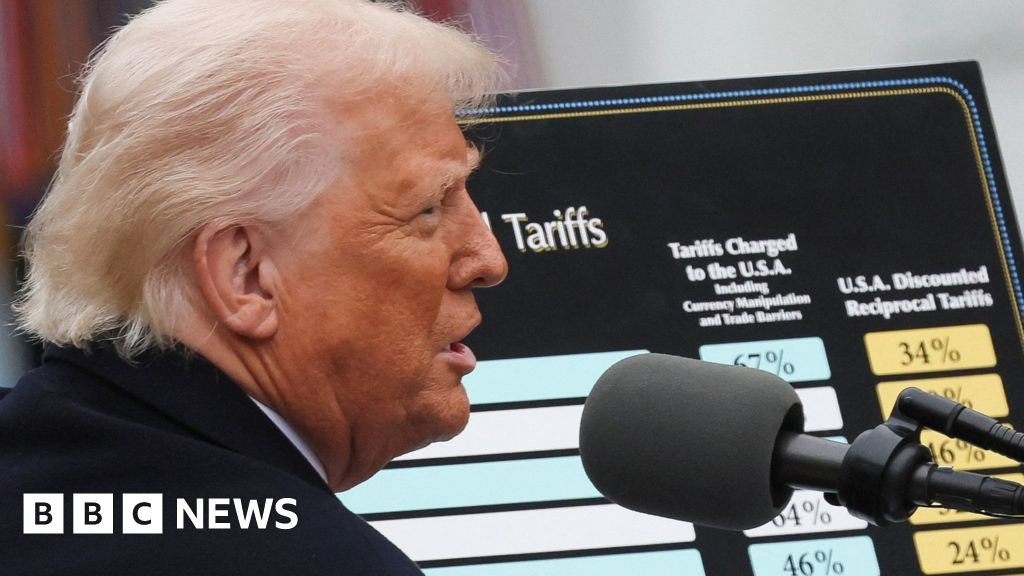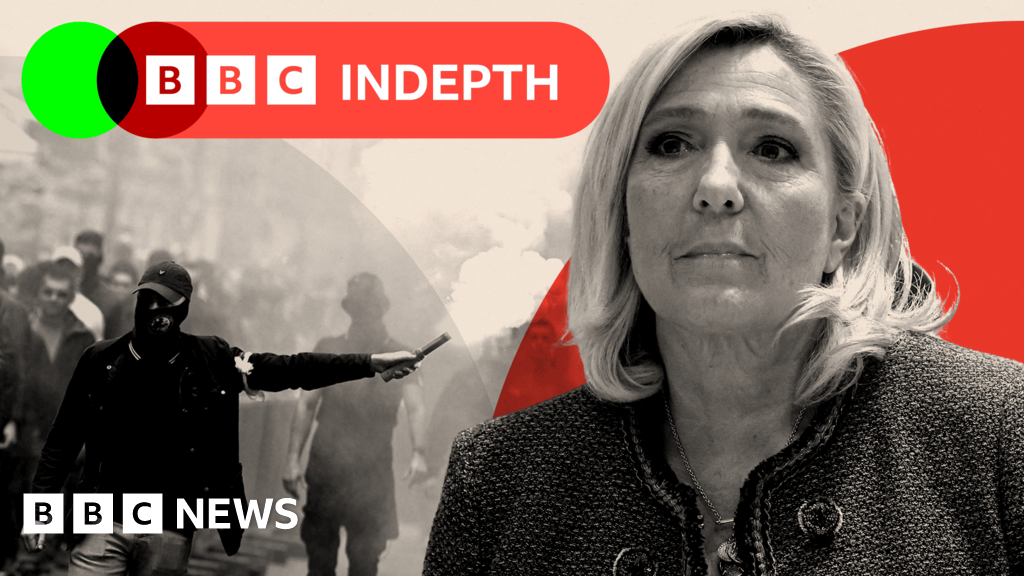ARTICLE AD BOX
Israel and Egypt are locked in a row over the Rafah border crossing, blaming each other for its continued closure as Gaza's humanitarian crisis worsens.
Israeli forces have taken control of the Gaza side of the crossing.
On Tuesday Israel's Foreign Minister Israel Katz said he had told the UK and Germany about "the need to persuade Egypt to reopen" the crossing.
But Egypt says it is Israel's military operations in the area which are preventing aid from passing through.
Cairo said Israel was trying to shift the blame for blocked aid.
Mr Katz said the Palestinian armed group Hamas, which attacked southern Israel on 7 October last year, sparking the current war, could no longer "control the Rafah crossing", citing security concerns over which Israel "will not compromise".
"The world places the responsibility for the humanitarian situation on Israel, but the key to preventing a humanitarian crisis in Gaza is now in the hands of our Egyptian friends," Mr Katz wrote on X.
Egypt's Foreign Minister Sameh Shoukry quickly responded to the comments with a statement that underlined its "categorical rejection of the policy of distorting facts and disavowing responsibility adopted by Israel".
Mr Shoukry asserted that Israel was "solely responsible for the humanitarian catastrophe currently endured by Palestinians in Gaza", which he said was "a direct result of indiscriminate Israeli atrocities committed against the Palestinians for more than seven month".
He called on Israel to "assume its legal responsibility as the occupying power by allowing aid access through the land ports that are under its control".
Egypt has been one of the mediators in stalled ceasefire talks, but its relationship with Israel has been strained since Israel seized the Gaza side of the Rafah crossing on 7 May.
Almost 450,000 Palestinians have fled from Rafah over the past week after the Israeli military moved into the area, the UN says. Israeli tanks are reportedly pushing deeper into Rafah city, which is to the north of the border crossing.
António Guterres, UN secretary-General, said in a statement that he was "appalled by the escalation of military activity in and around Rafah by the Israeli Defense Forces".
Reiterating calls for a ceasefire and for the Rafah crossing to be opened, he continued: "These developments are further impeding humanitarian access and worsening an already dire situation.
"At the same time, Hamas goes on firing rockets indiscriminately. Civilians must be respected and protected at all times, in Rafah and elsewhere in Gaza. For people in Gaza, nowhere is safe now."
The UN and international aid agencies said closures of the Rafah crossing and the Kerem Shalom crossing between Israel and southern Gaza had virtually cut the Gaza strip off from outside aid.
Last week, US State Department spokesperson Matthew Miller said it was Israel's duty to keep the Rafah crossing open and running effectively.
In early May, Cindy McCain, head of the UN food agency, said she believed there was a "full-blown famine" in northern Gaza that was "moving its way south".
In its most recent update, Cogat - the Israeli military agency tasked with coordinating aid access in Gaza - said 64 aid trucks entered Gaza on Sunday, significantly down on the daily number of trucks that entered in April.
On Sunday the UN said it hoped a newly opened crossing from Israel to northern Gaza would lead to a sustainable flow of aid into the north of the territory.
On Monday some Israeli protesters blocked aid trucks destined for Gaza, throwing food packages onto the road and ripping bags of grain open in the occupied West Bank.
Also on Sunday Egypt said it would intervene in support of South Africa's case against Israel at the International Court of Justice (ICJ) on the basis of Israel's expanded military activity in Gaza and the impact it was having on civilians.
On Friday South Africa asked the ICJ to order Israel to pull out of Rafah as an additional emergency measure in the case, which accuses Israel of acts of genocide.
Israel has said it will proceed with planned military operations in Rafah despite the US and other allies warning that a ground offensive could lead to mass civilian casualties.
The Israeli military has told people in Rafah to move to al-Mawasi - a narrow coastal area which Israel calls an "expanded humanitarian zone" - and Khan Younis, which is largely in ruins after a previous Israeli military incursion there.
Israel launched a military campaign in Gaza after Hamas's attack on southern Israel on 7 October, during which about 1,200 people were killed and 252 others were taken hostage, according to Israeli authorities.
More than 34,900 people have been killed in Gaza since then, according to the territory's Hamas-run health ministry.

 10 months ago
30
10 months ago
30








 English (US) ·
English (US) ·